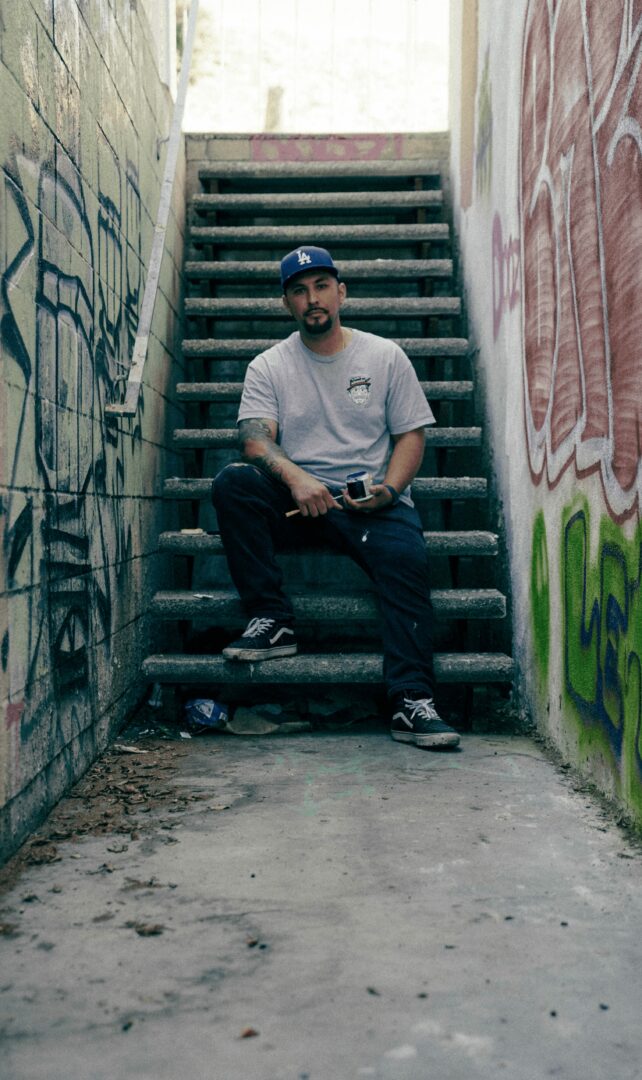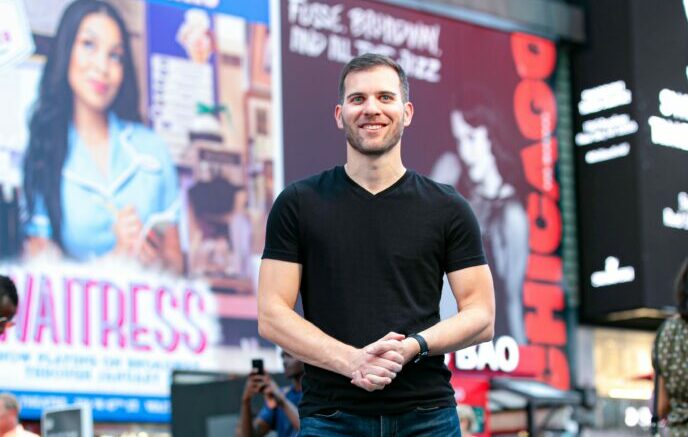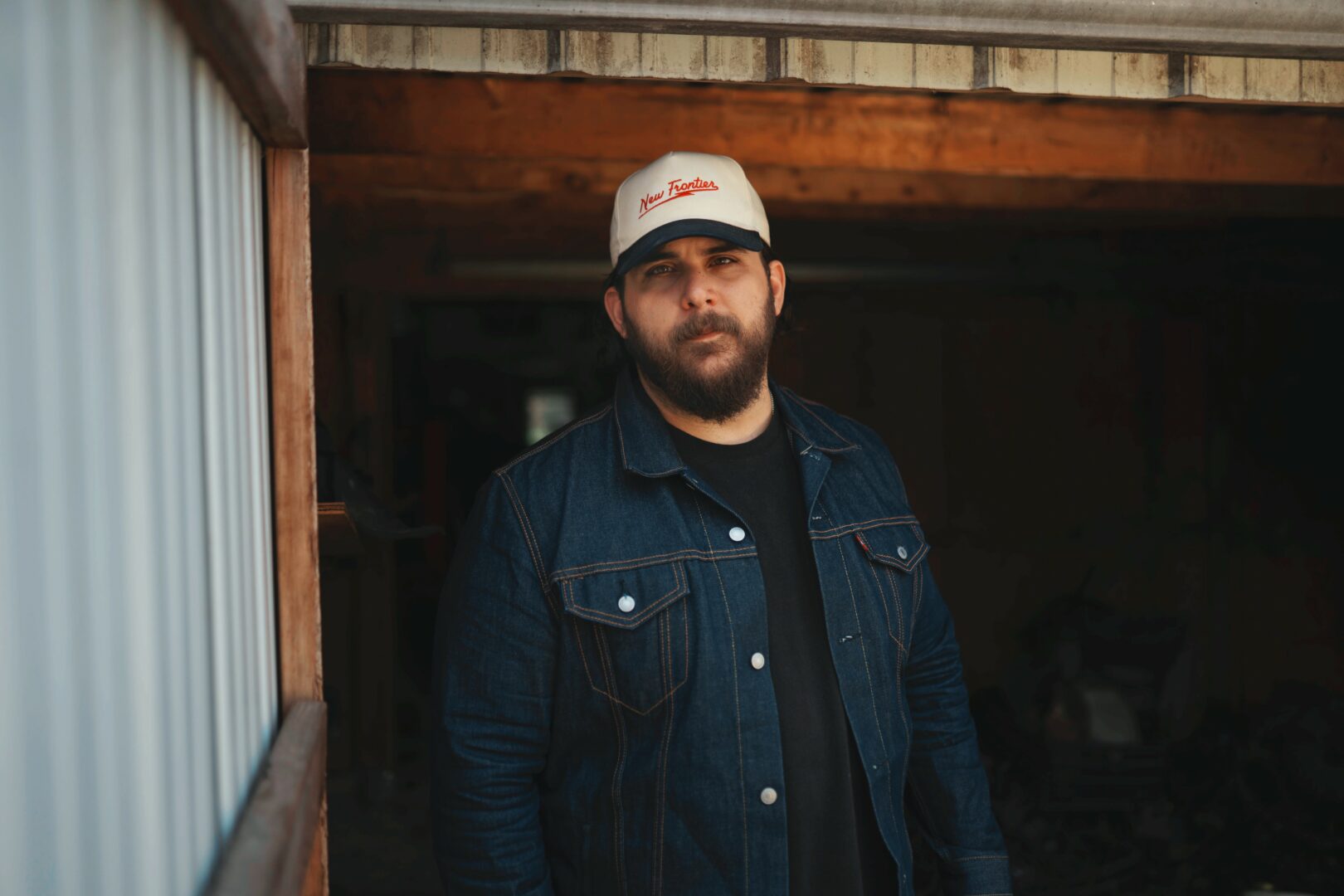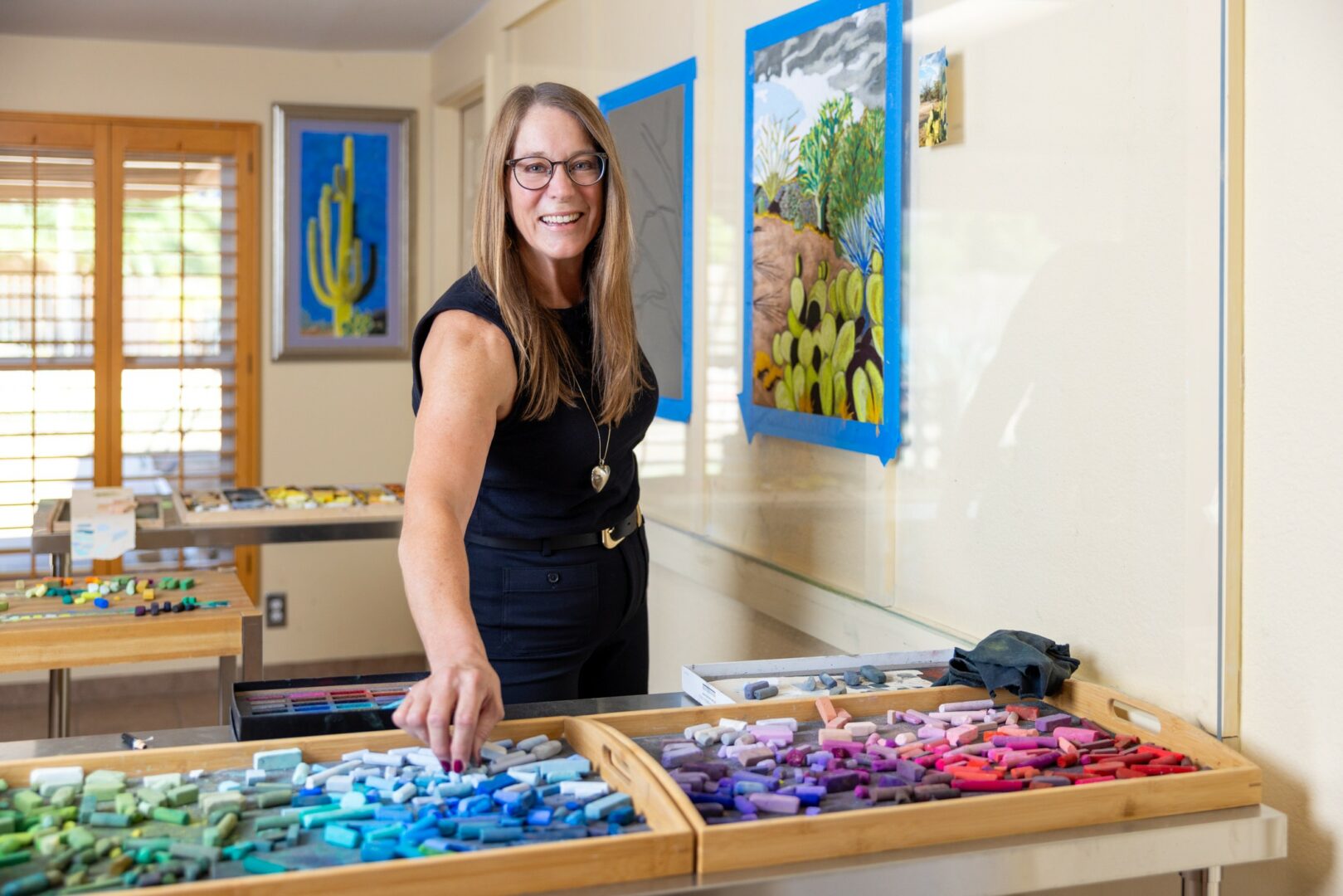Alright – so today we’ve got the honor of introducing you to Dylan. We think you’ll enjoy our conversation, we’ve shared it below.
Dylan, we’re thrilled to have you sharing your thoughts and lessons with our community. So, for folks who are at a stage in their life or career where they are trying to be more resilient, can you share where you get your resilience from?
That’s a deep question.
I believe my resilience comes from three things — my ancestry, my experiences, and my attitude.
First, ancestry. I come from a lineage of survivors — people who sacrificed, endured, and shaped their own resilience so I could be here today. Just as trauma can be passed down through generations, so can strength. I carry that with me every day.
Then, experience. I’ve had to walk through my own hells — learning how to cope with loss, grief, and the moments that test you at your core. Those experiences don’t just harden you; they teach you compassion, patience, and perspective.
And finally, attitude. I believe in framing situations intentionally. It’s easy to see something as a setback or a loss, but I’ve learned to face those moments and softly say to myself, “challenge accepted.” I embrace them as opportunities to learn and grow, even when it’s hard.
That doesn’t mean I’m Ironman — I still grieve, vent, and feel frustration like anyone else. But I try to start by pulling from my experience and strengths, then reanalyzing the situation from that place. That shift in mindset makes a difference.
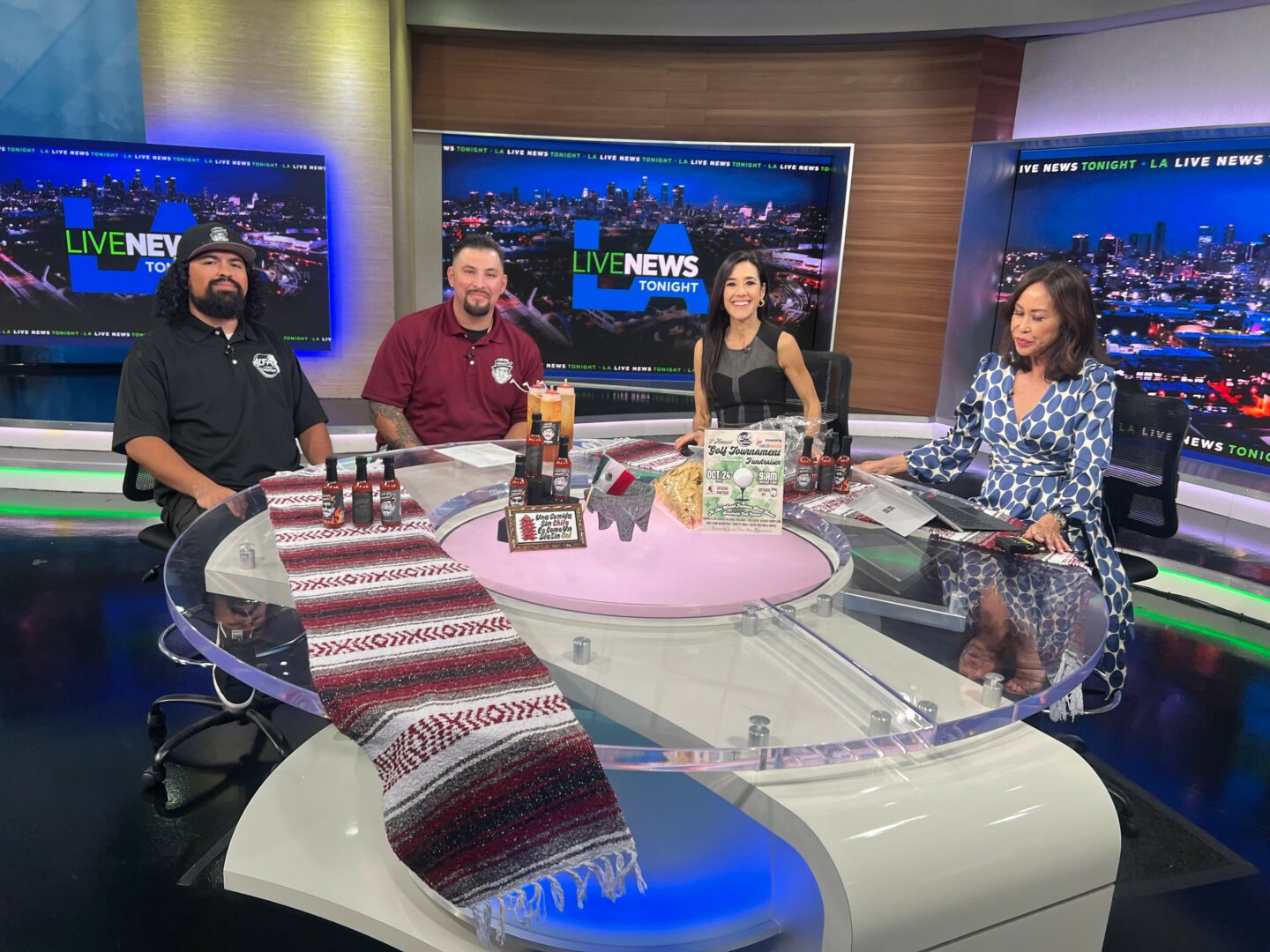
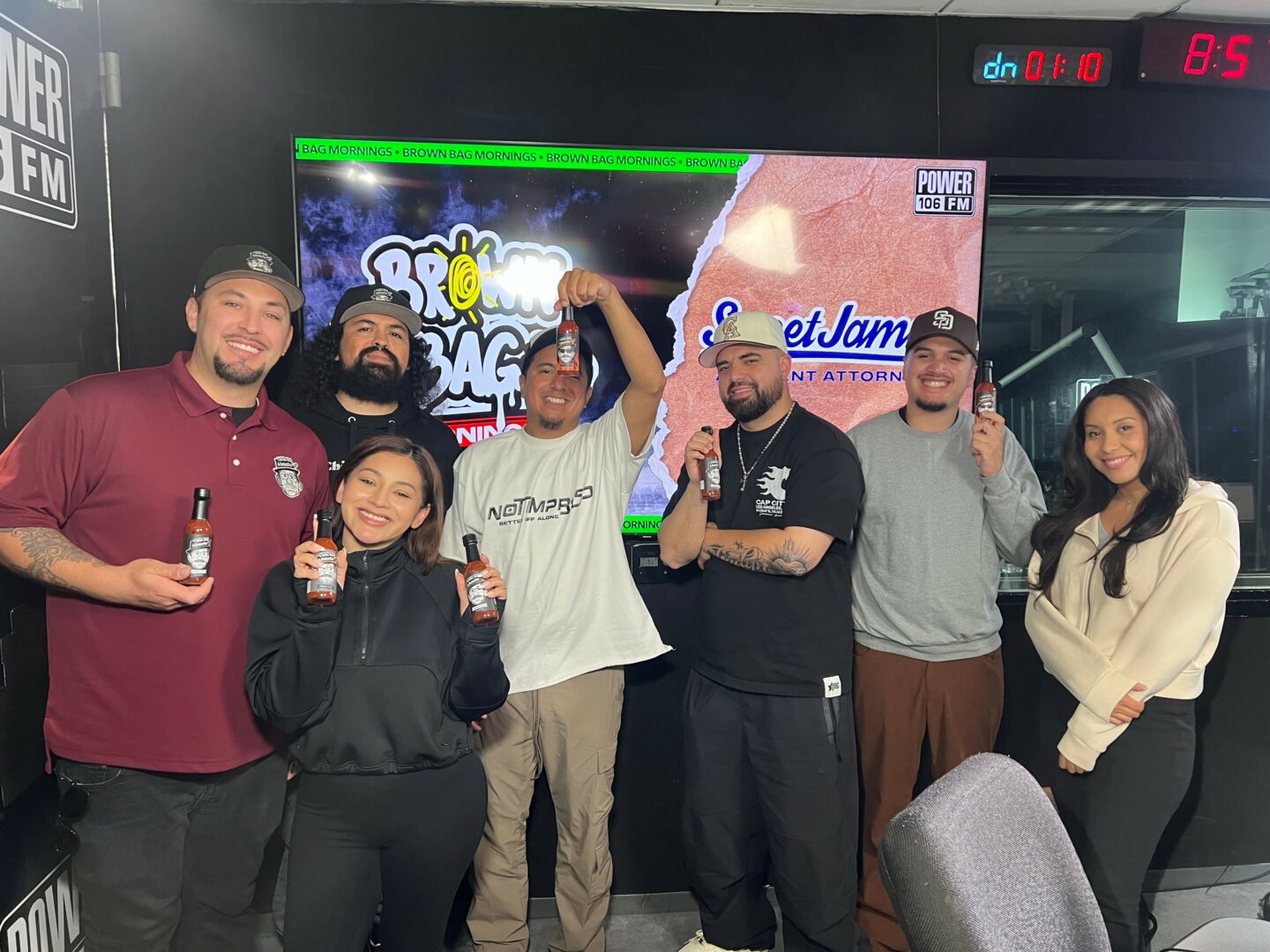
Thanks for sharing that. So, before we get any further into our conversation, can you tell our readers a bit about yourself and what you’re working on?
I actually run, alongside my cousin and business partner, both a business and a nonprofit. The first is Chile del Abuelo, our chile and hot sauce company. We bottle our family’s four-generation-old chile and salsa recipes — originally created by our Bisabuela, passed down to our Abuelito, and now to us.
We built the brand around our Abuelito to capture — or honestly, bottle — the nostalgia of the salsa we grew up eating, and to share that same feeling with others. It’s common for us to hear from customers that our chile reminds them of a relative’s — and that’s exactly the kind of connection we hope to spark.
We also founded the Alexander Luna Fine Arts (ALFA) Foundation, a nonprofit dedicated to promoting the arts in East Los Angeles and the San Gabriel Valley. Through ALFA, we provide scholarships to college-bound high school seniors pursuing the arts, support community beautification through murals, and host free art classes.
The foundation was inspired by the life and legacy of my uncle, Alexander Luna. His artistic talent was recognized early — he grew up painting murals and other works throughout El Sereno and East Los Angeles, eventually building a career in the arts. We lost him to cancer in 2013, and the foundation is our way of honoring him — by encouraging young artists in our community to follow their passion. We want them to know that there are career opportunities in the arts, even in the most unexpected places, and that their creativity matters.
So, in short — we keep ourselves pretty busy with ongoing projects, events, fundraisers, and collaborations. We stay active in our community and deeply connected to the stories and people who shaped us.
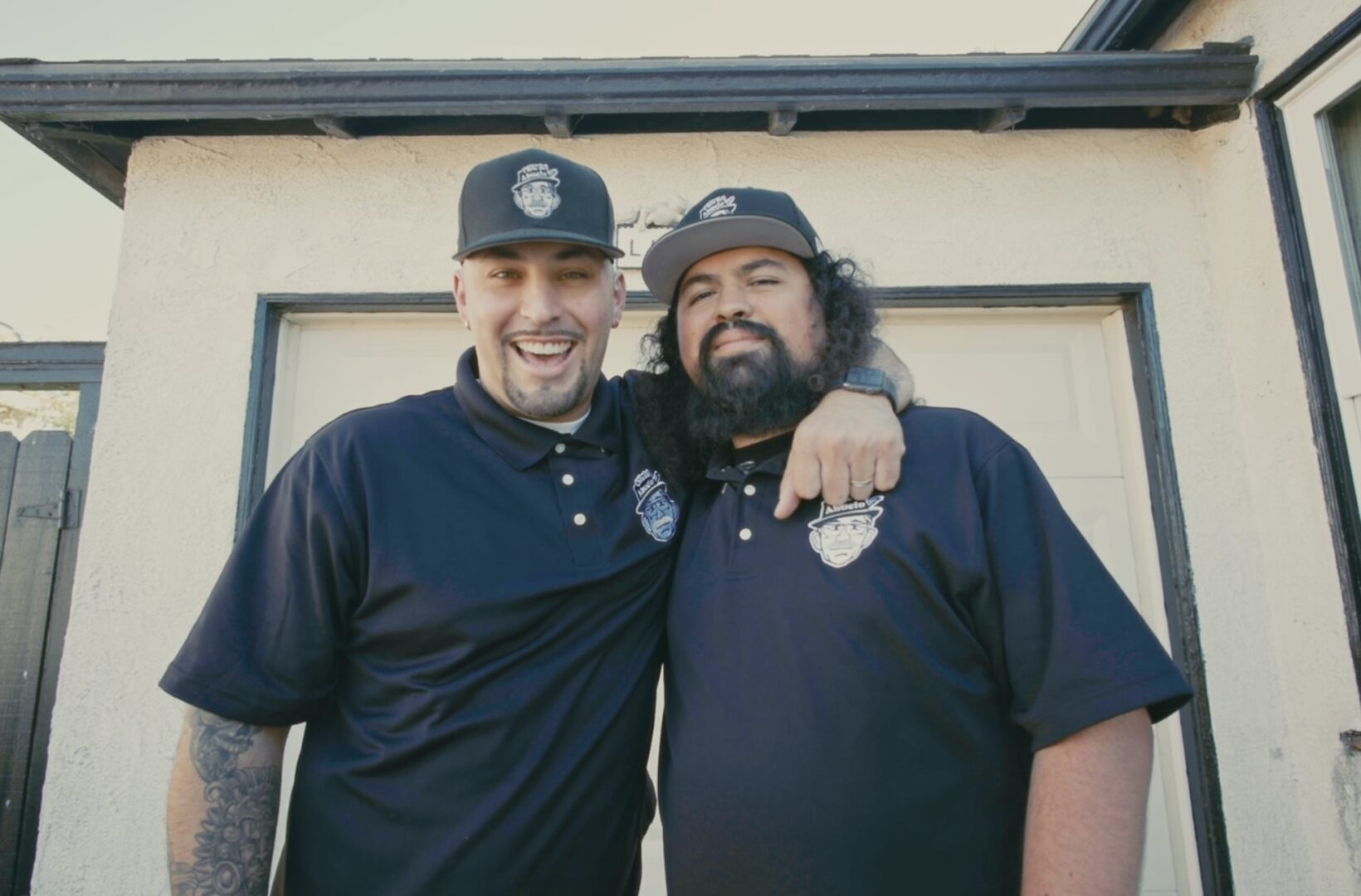
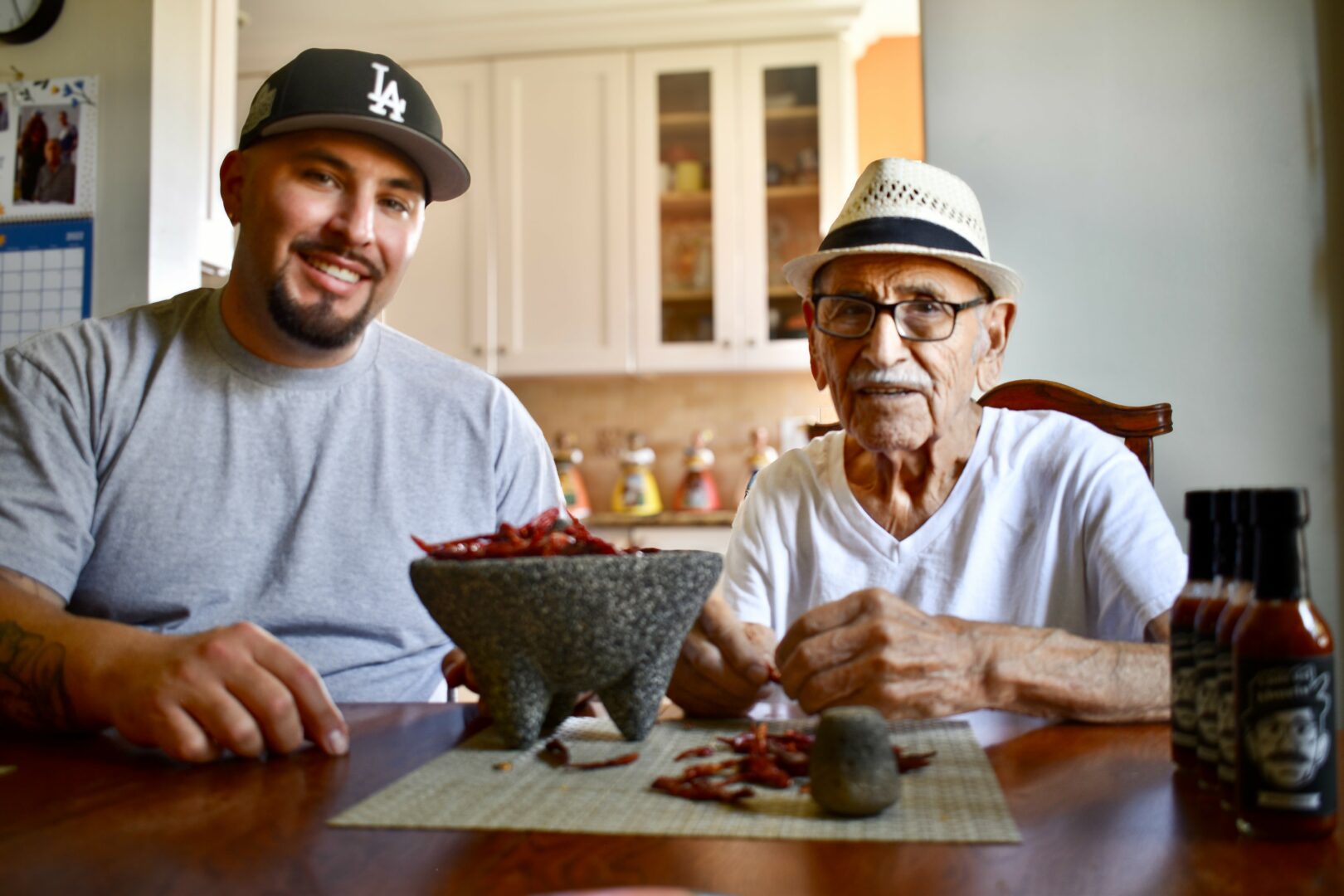
If you had to pick three qualities that are most important to develop, which three would you say matter most?
Great question! I could probably give you a big bag of assorted qualities and skills that were impactful, but for starters, and most important, I’d say is passion. You have to be passionate about whatever it is you’re doing. Passion can be contagious — and honestly, you have to be the most passionate person about your venture or project. If you’re not, others won’t buy in. And even if support doesn’t come right away, your own passion will carry you through.
Second, networking — building a strong, supportive community around you. Get out there, meet people, be supportive of others, and be resourceful. Look for resources, and be a resource. Relationships and collaboration go a long way in opening doors and sustaining momentum.
And lastly, take risks — calculated risks. Expect that not everything will work out — not from a pessimistic view, but a cautiously optimistic one. Do your homework, don’t be reckless, but allow yourself to get uncomfortable. I can’t tell you what you’ll find, but whatever it may be, you’ll be happy you did.
Of course, getting good at any of these takes time. My advice to anyone early in their journey is to start small, start local, and support others. Growth has a way of finding those who show up consistently and genuinely.
I’ll leave you with this though, as the other side of the coin of the things I mentioned: move with intention, and caution, not everyone is going to be a friend or want to see you succeed, you’ll encounter gatekeepers and people who don’t move like you. Good ideas don’t always produce good outcomes, and lastly, don’t be afraid of criticism — just be very aware of who’s giving it.
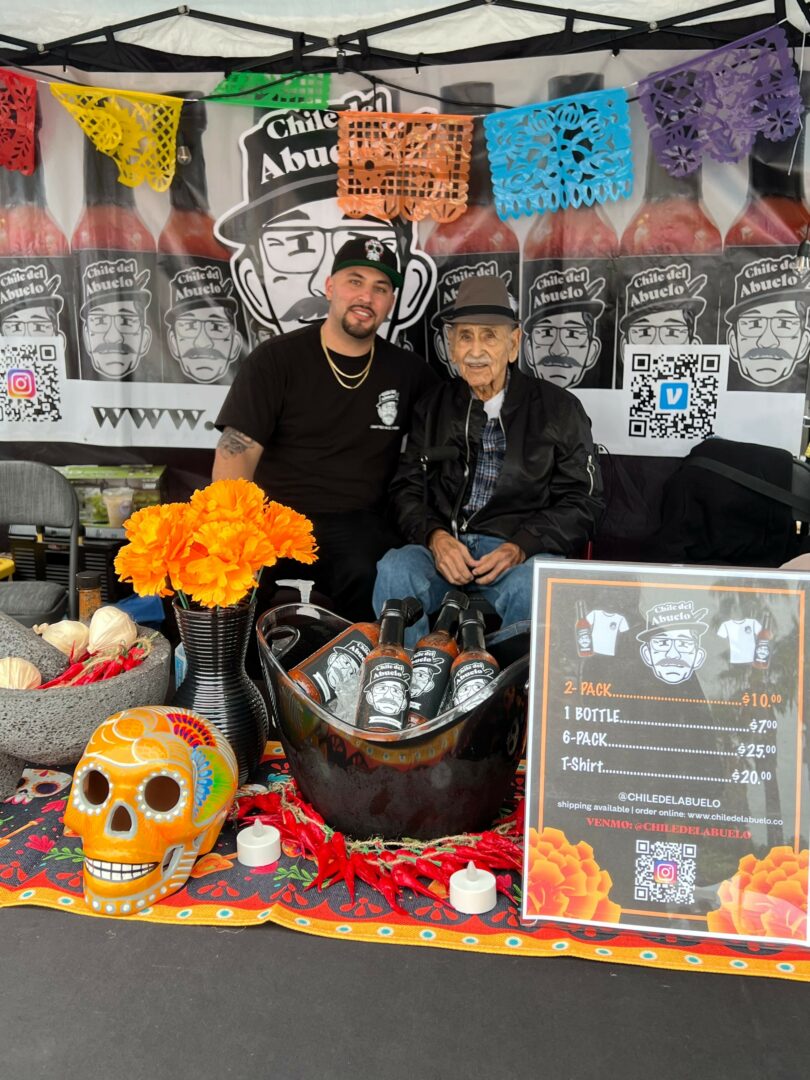
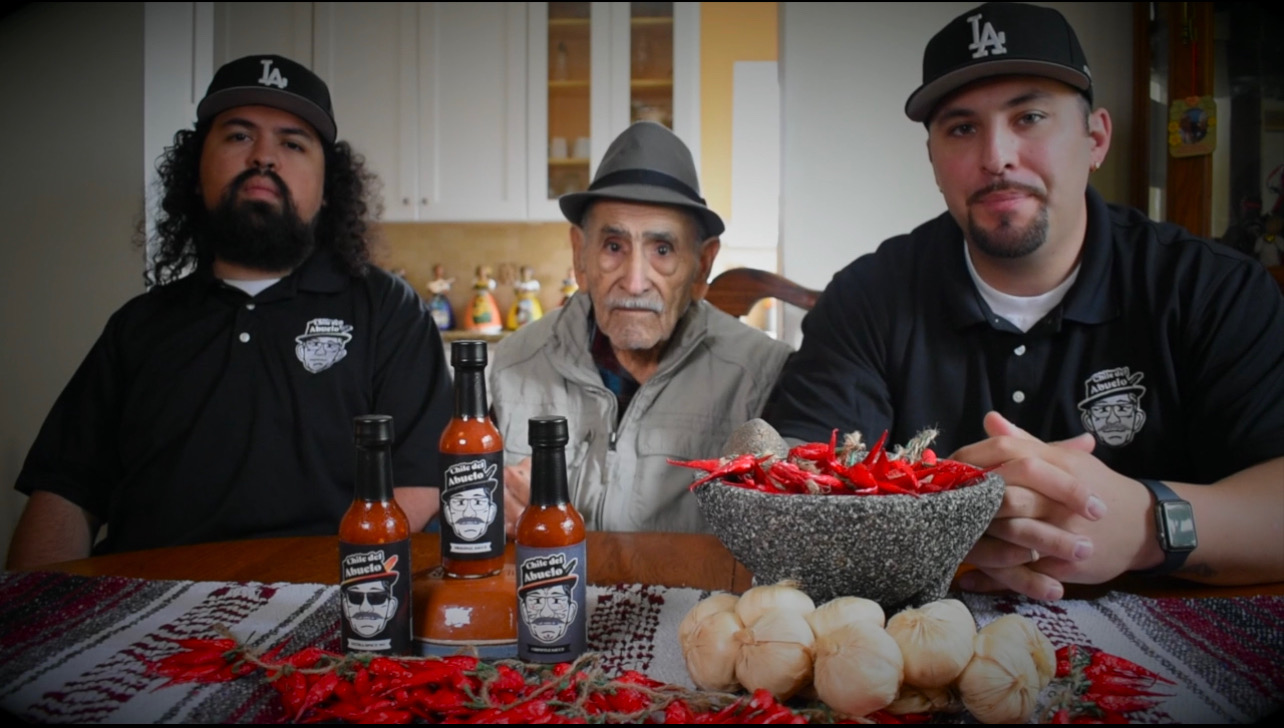
What would you advise – going all in on your strengths or investing on areas where you aren’t as strong to be more well-rounded?
Haha — I think this is where my competitive spirit kicks in. I’ve always believed in being well-rounded and putting time and effort into improving the areas where you’re not as strong because I don’t like loose ends or liabilities! Lol. Your strengths usually come naturally, so investing in them feels easy — even enjoyable. We tend to like to do the things we’re good at.
But working on your weaknesses or areas that need improvement? That’s a different story. It doesn’t come easy — it takes work. Cold, honest, hard, look-yourself-in-the-mirror work. It’s kind of like a physical workout you don’t enjoy — except it’s mental or emotional. But shifting your attitude about it, can make it feel less like work.
If you tell yourself you’re going to enjoy the process of improving a weak spot — and just keep chipping away at it — you’ll see progress. And once you start seeing those gains, it fuels you to keep going. The thing about working on your weak areas is that you not only strengthen yourself, but also the people around you — and you reduce the liabilities that can hold you back.
Because trust me, there will come a day when you think, “I wish I had worked on that skill earlier — it would make things so much easier now.”
My Abuelito used to coach sports at Hazard Park with Ray Huante (if you know, you know), and in a nutshell, his philosophy was simple: you’ve got your starters and your bench players. Think of your starters as your strengths and your bench players as your weaker areas. The only way your bench players get better is if they get playing time. Over the course of a ball game (and a beer), he’d always say: “You don’t always need to keep your starters in. Sure, in a tight game, absolutely. But if you’ve got a lead — or you’re trailing — throw in a bench player or two so they can improve.”
Don’t weaken your team completely, of course — but if your starters are the only ones ever playing and one of them goes down, you don’t want to be the coach forced to send in a player who hasn’t touched the field all season. You want your whole squad to be good and ready.
Contact Info:
- Website: https://www.chiledelabuelo.co
- Instagram: @chiledelabuelo
- Youtube: @chiledelabuelo
- Other: For ALFA Foundation:
www.alfascholars.org
@alfafoundationorg (Instagram)
@alfa.foundation (YouTube)
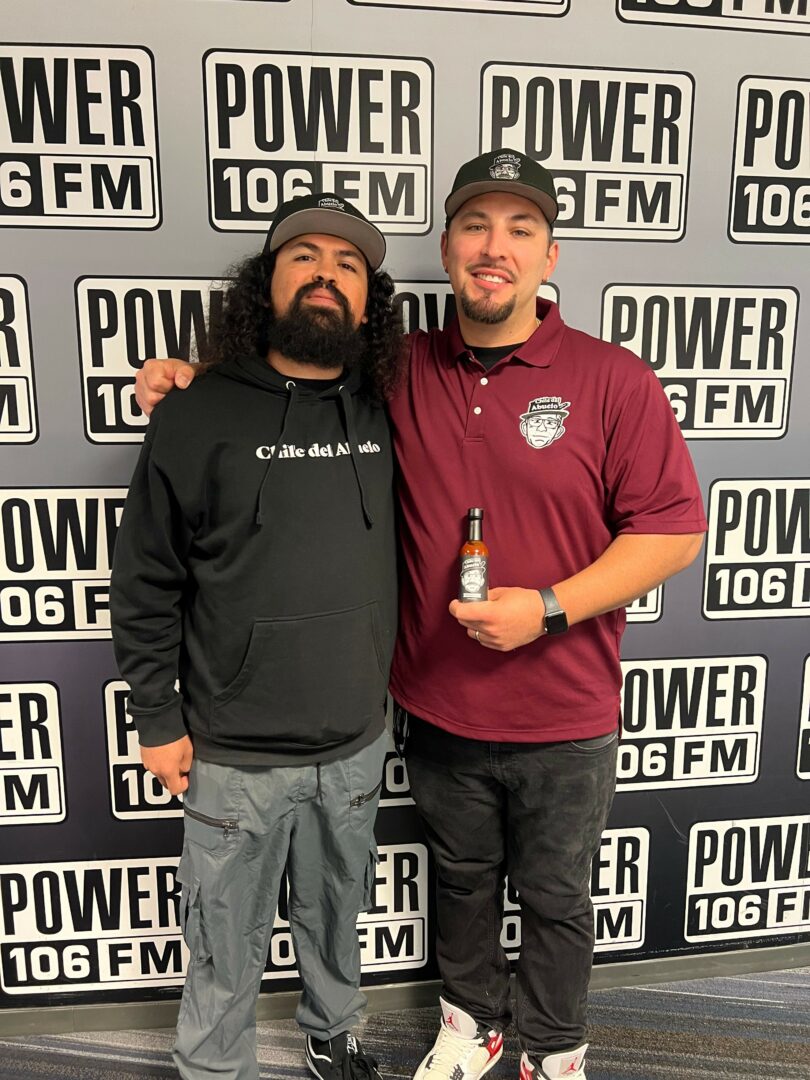
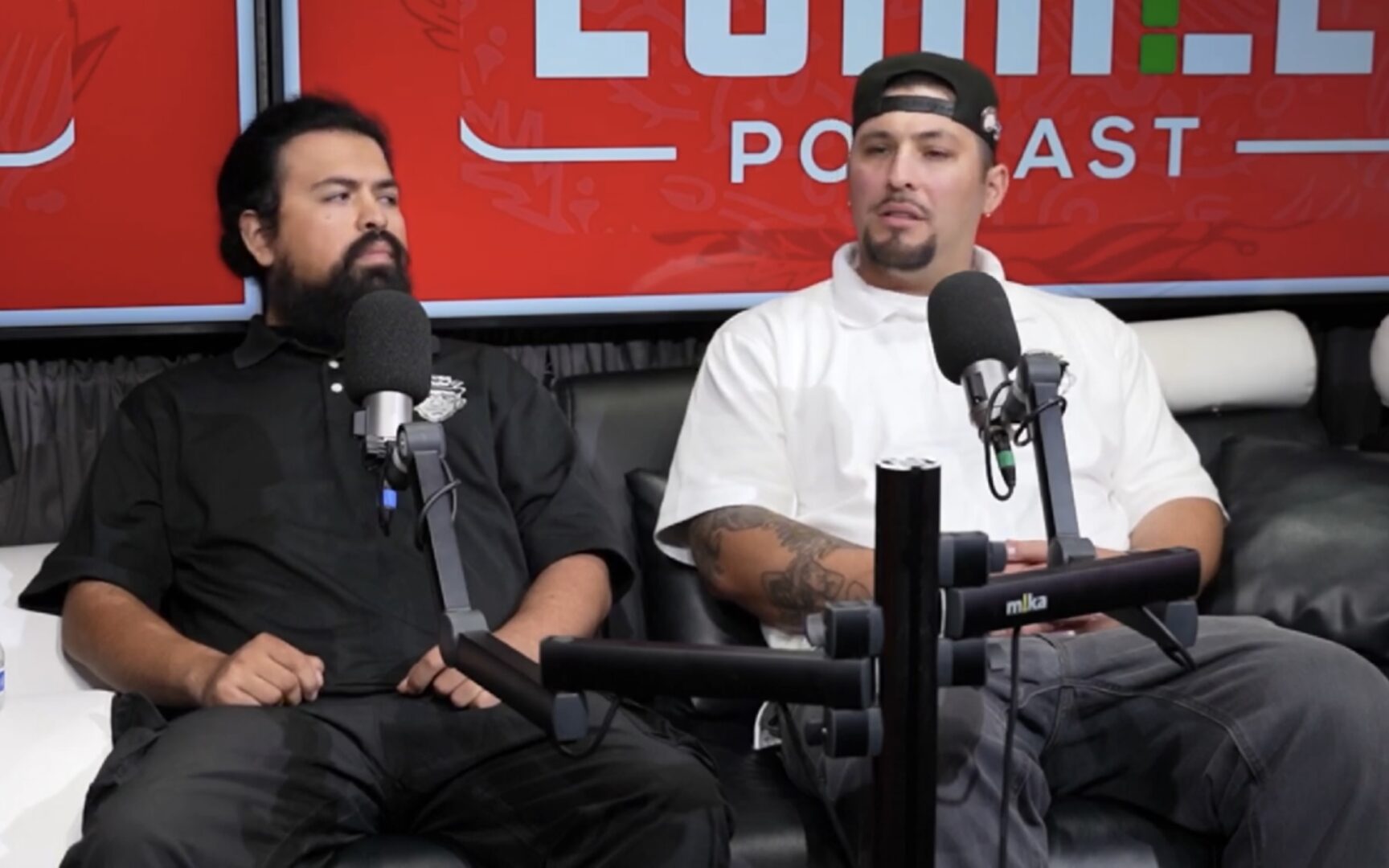
Image Credits
Oscar Estrada
Rob Haleblian
Liz Luna
Kasper Tobias
so if you or someone you know deserves recognition please let us know here.

